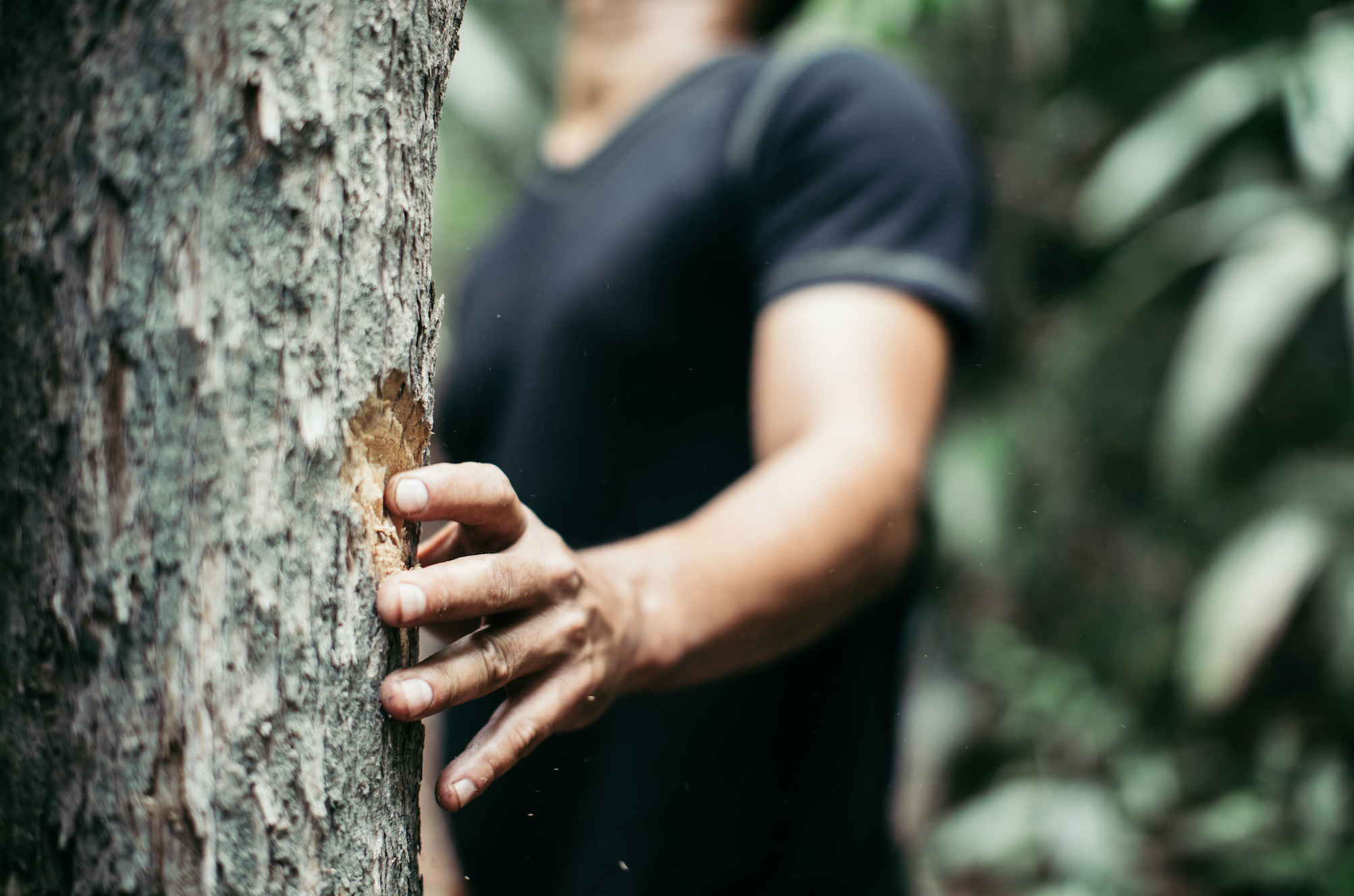Around 1.6 billion people depend on forests for their livelihoods, yet 45 million acres of forest are destroyed every year — the equivalent of 50 soccer fields per minute.
The rural inhabitants of these at-risk forests often live on less than $1.25 a day and have no claims or rights to the ancestral lands they call home. Economic desperation drives many of these communities to clear forests for subsistence agriculture, cut down trees for firewood, and sell illegally-harvested timber at prices far below market value, warn NGOs such as the Rainforest Alliance. The paltry income generated from forest destruction is not enough to break the cycle of poverty, and these communities ultimately lose out on the resources necessary for their survival.
Suzanne and Mario Babarczy witnessed these circumstances firsthand after moving from Ohio to Guatemala with their three children in 1993. Wanting to make a difference, the couple founded Hearts In Action, a faith-based nonprofit focused on ecological education and job skills in the Mayan biosphere. Five years later, the family moved from urban Guatemala City to the rural Petén region to open what they dubbed the Jungle School, where they became even more familiar with the challenges that accompany widespread forest destruction.
The Petén loses a staggering amount of trees each year — the majority of which are illegally harvested by lumber companies on preserved land. Increasingly, the region is losing its people, too, as a lack of work and educational opportunities sends young people elsewhere.
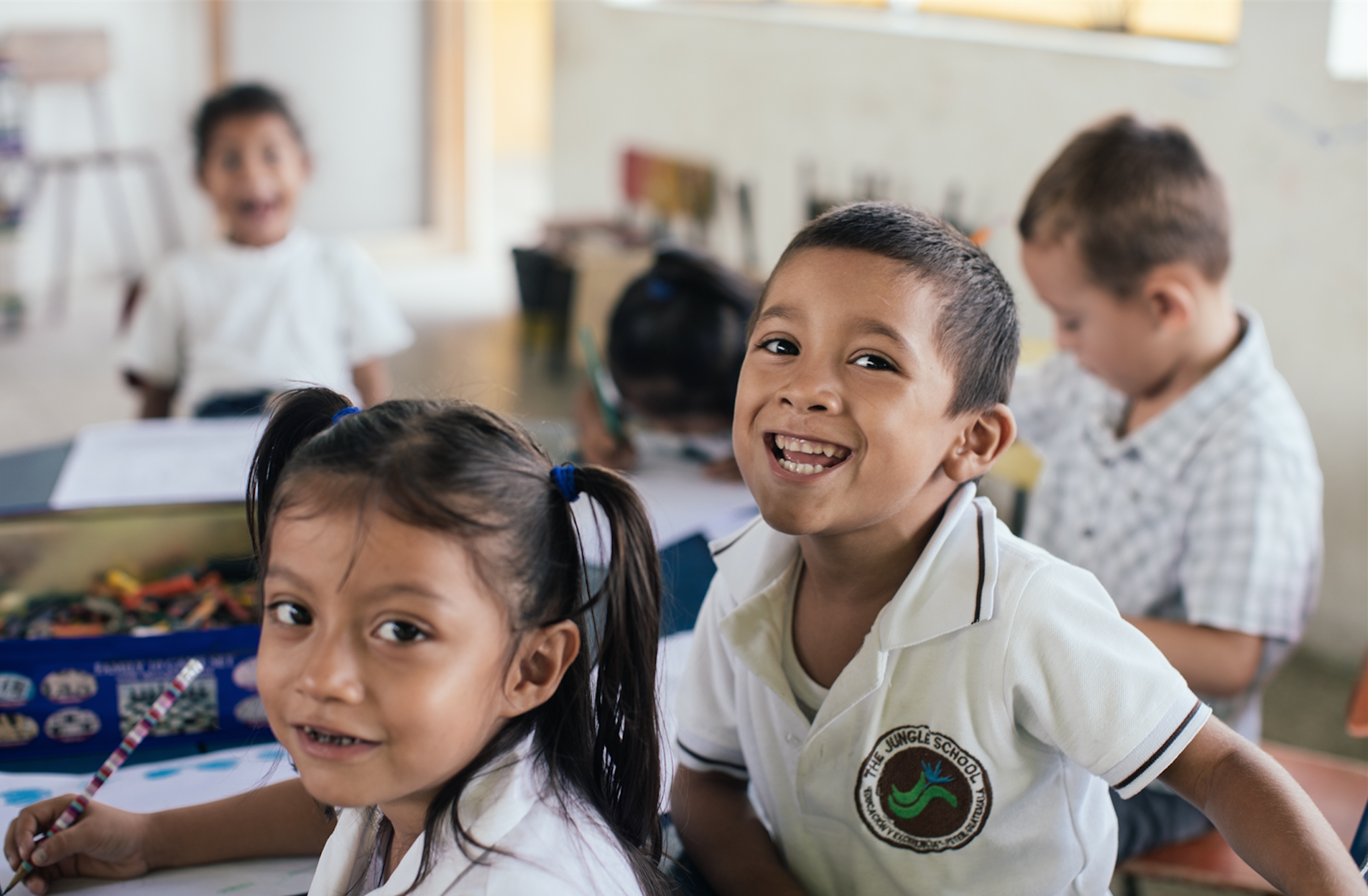
Students at the Hearts In Action Jungle School.
In an effort to address these issues, the Babarczys set up shop in an abandoned orphanage and began educating 15 local children. Over the past 20 years, the school has grown to 400 students, 40 full-time employees, and onsite carpentry and gardening workshops. In 2016, the family took on a new challenge: leveraging a grant for their carpentry school into a social enterprise that could create jobs for the community and counter the effects of deforestation.
At first, they used with what they had — stockpiles of local hardwoods, onsite carpenters with over 10 years of experience, and relationships with local designers — to make and sell bathroom boxes to nearby hotels. But the fledgling enterprise they called Itza Wood would soon open doors for even greater impact in the region.
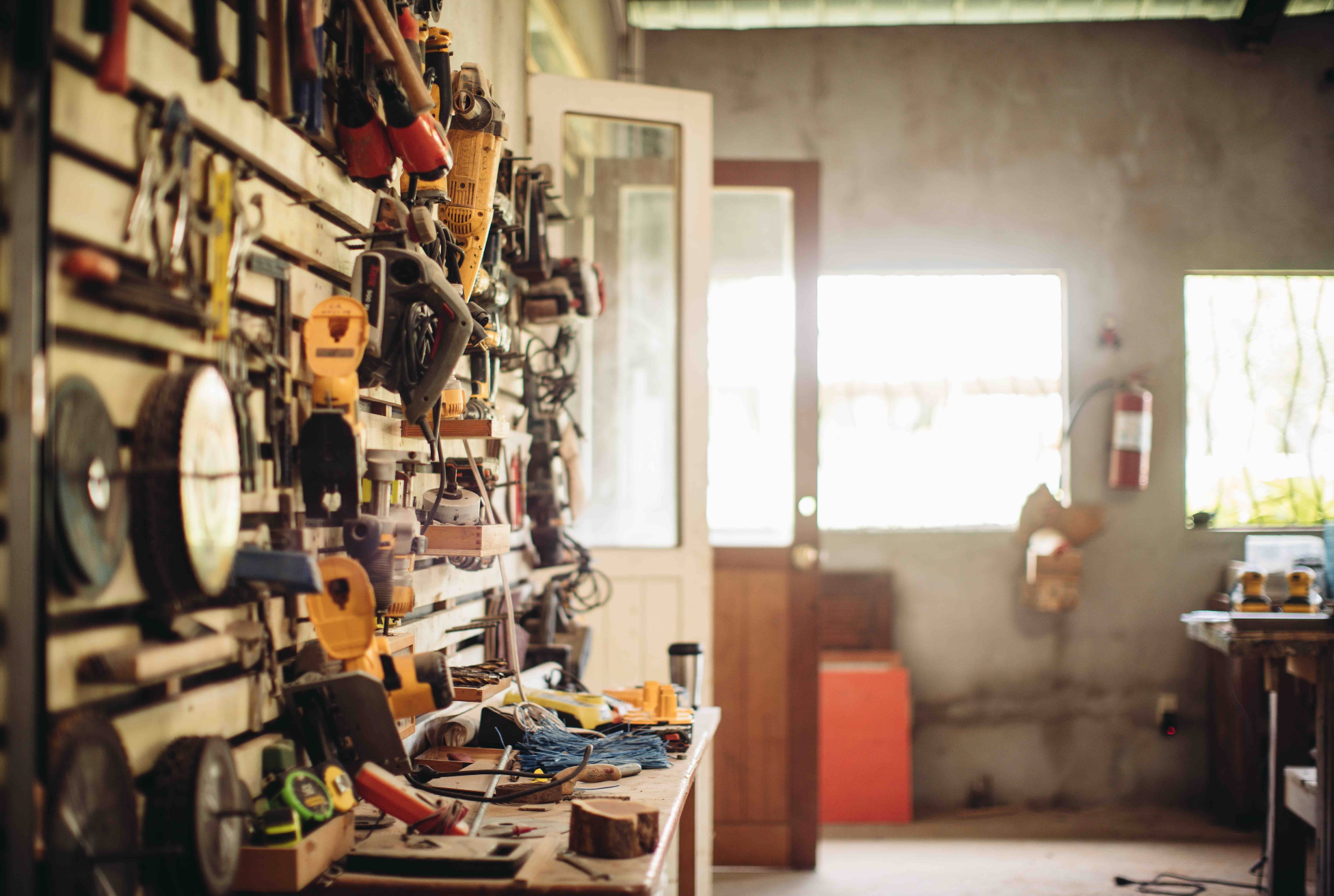
The Hearts In Action carpentry school now serves as a workshop for a new social enterprise.
A new social enterprise takes root
The Babarczys’ daughter, Eliza, grew up working at Hearts In Action before moving back to the United States for university. When the family founded Itza Wood, Eliza left her new career in event planning to help make the dream a reality.
In the two years since returning to the Petén, Eliza helped grow Itza Wood from a struggling offshoot of the carpentry school into a flourishing business with clients like San Martin, a bakery with 45 locations in Guatemala and the United States. Its office and kitchen product lines landed the brand an EmpredeGT award, and Eliza was named one of the top 30 entrepreneurs in Guatemala last year.

Itza Wood creates custom kitchen, office, and bathroom products from sustainable sources and gives marginalized workers access to the international market.
The Itza Wood model carries a host of benefits for Petén communities. Its offer of jobs and practical training lets young people stay in the area, and a systemized supply chain based around sustainable and local hardwood works to counteract illegal logging. Seed money from Mission Taiwan and Guatemala’s Ministry of Economy helped the company join the Export Commission, an organization that connects Guatemalan companies to international markets, paving the way for future growth.
“We knew we wanted to create a social enterprise based on the triple bottom line, because we care about the community and the jungle,” Eliza says of Itza Wood. “We seek to be a bridge into international markets by using the natural resources inherent in our community and crafting a well-designed, high-quality product.”
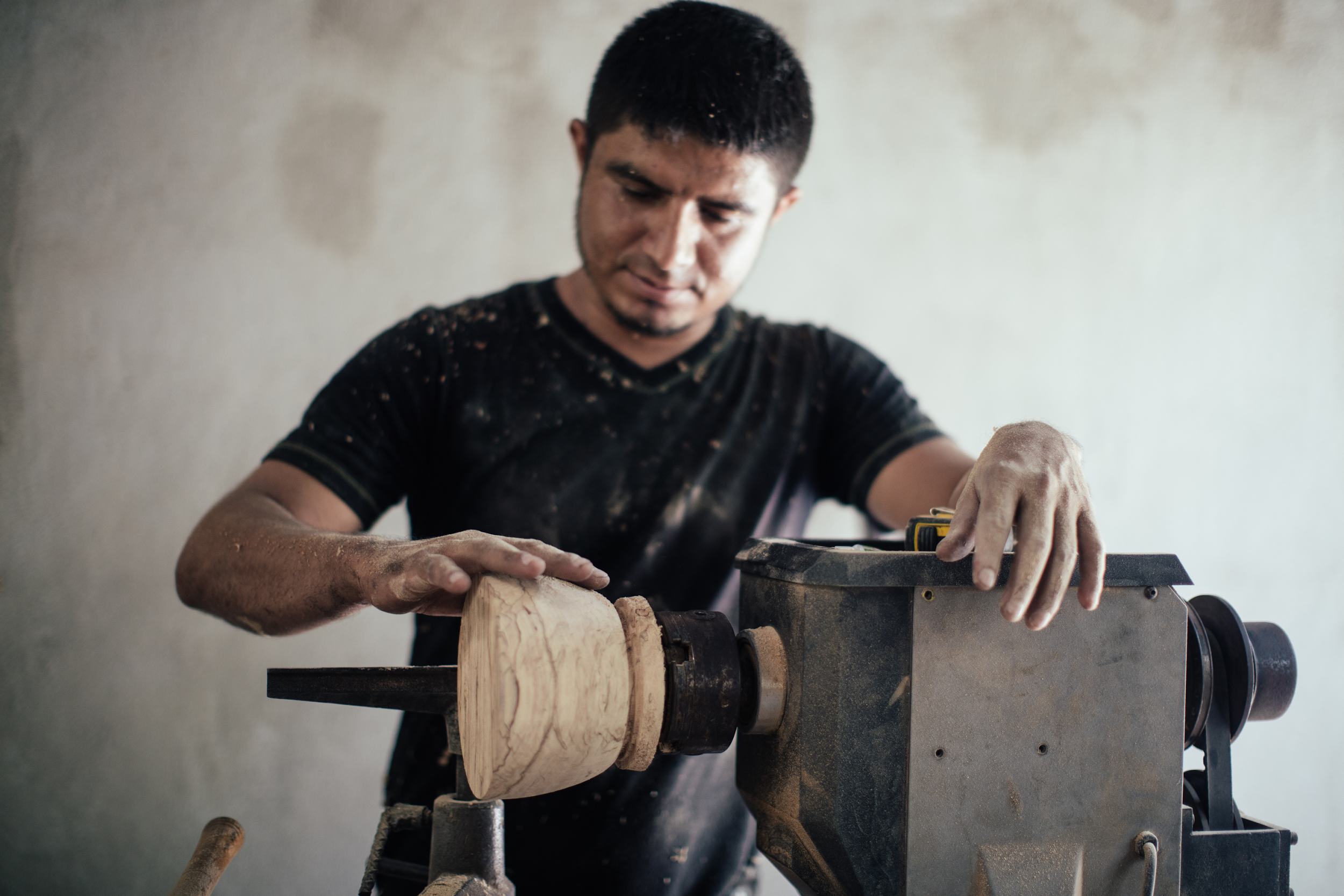
Itza Wood provides jobs and practical training that allow more young people to stay in their community.
“With our community, for our community”
Led by Eliza and her mom, Suzanne, the Itza Wood team hopes to begin exporting their products to the US and Europe this year. Building on their early success, they’re looking to develop custom product lines for restaurants, hotels, and other corporate buyers, while continuing to raise awareness about the harmful effects of deforestation in Guatemala.
“I never thought I’d be an entrepreneur,” Eliza confesses. “It happened because we needed to see a change in our community, and no one else was going to do it. We’re creating and selling our products and learning about business along the way. ”
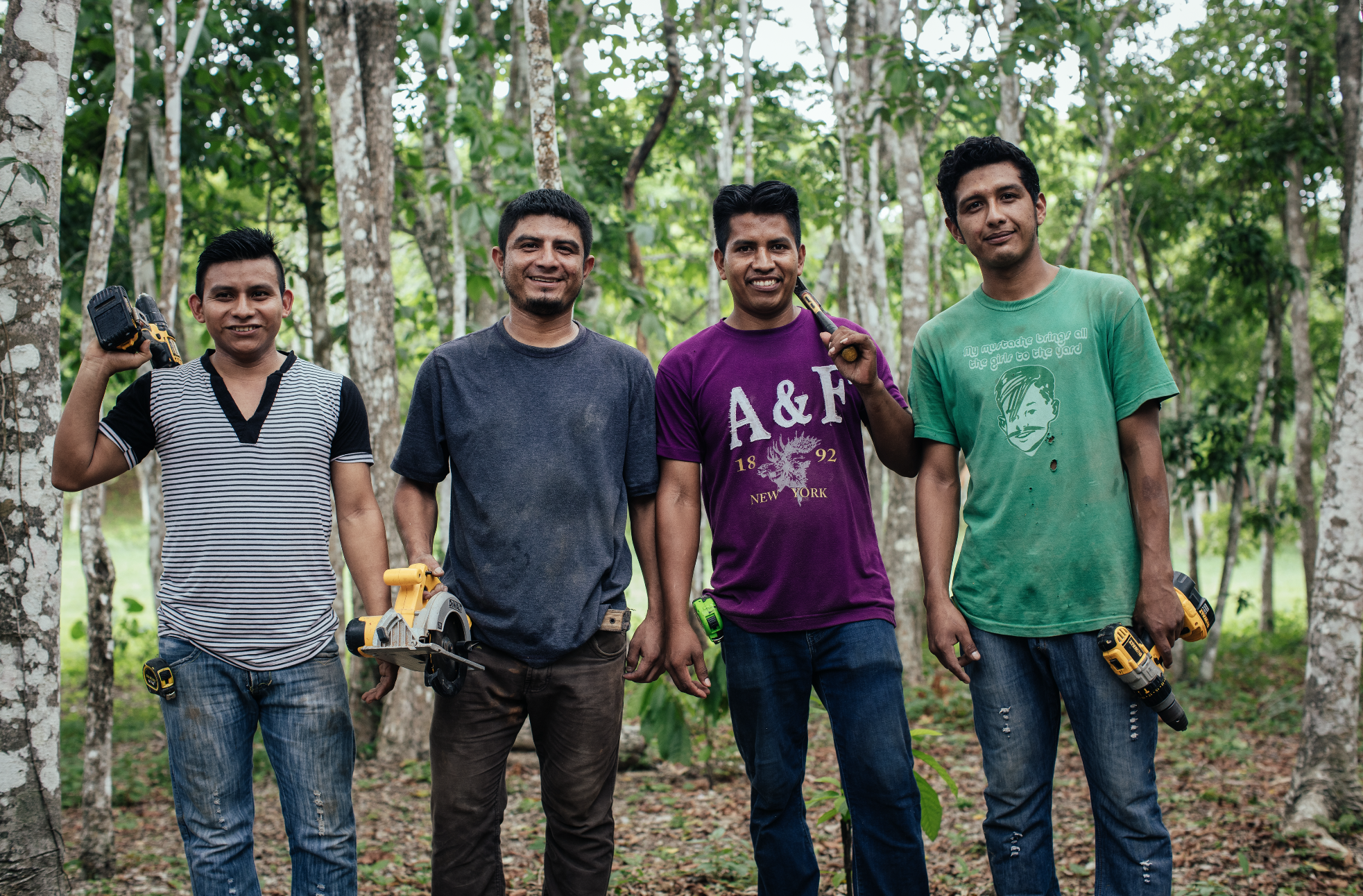
Creating a sustainable supply chain for hardwood helps to counteract illegal logging in Guatemala’s Petén region.
Eliza is part of a growing number of young entrepreneurs on a mission. A 2014 study found that 94 percent of millennials want to use their skills to benefit a cause, and millennials have already founded twice as many businesses as baby boomers. With a penchant for causes and a tolerance for risk, young social entrepreneurs like Eliza take a new approach to business that values people and the planet as much as profit.
“While my margins are important, they are really more of a yardstick to measure how much impact I am making,” Eliza says. “My ultimate goal is to create more jobs for my community and plant more trees to protect my home. If I make more profits, I can have more impact.”
The young entrepreneur says a solid connection to the local community will ensure the company only has greater impact as it grows. “Real-world problems require innovative solutions that integrate local capital and stakeholder buy-in,” she says. “You can’t just give people things without investing in them and working with them to build a future. Everything we’ve accomplished has been with our community, for our community — that’s the real way to create sustainable change.”

Images courtesy of Sarah Mueller on behalf of Itza Wood
